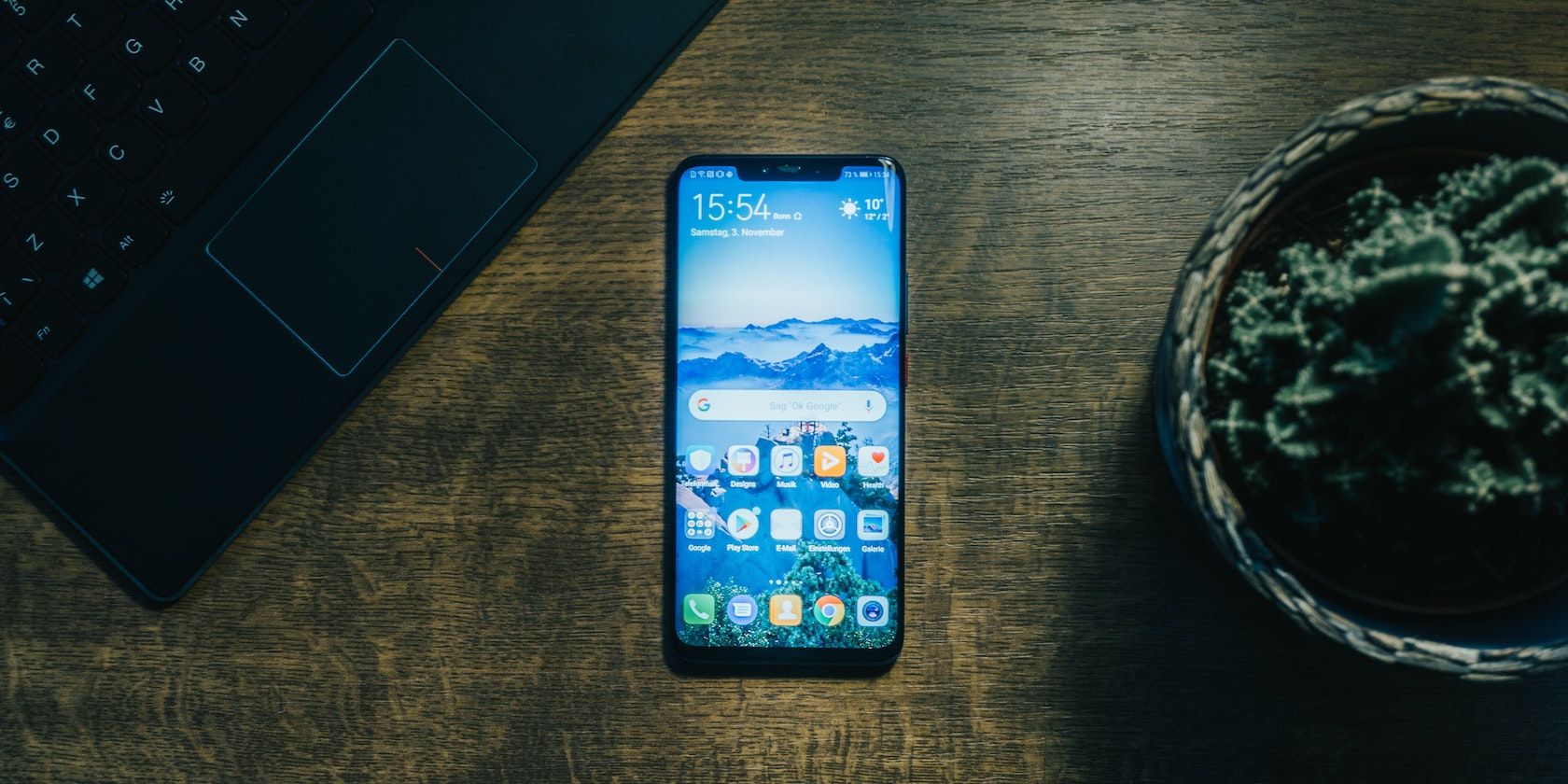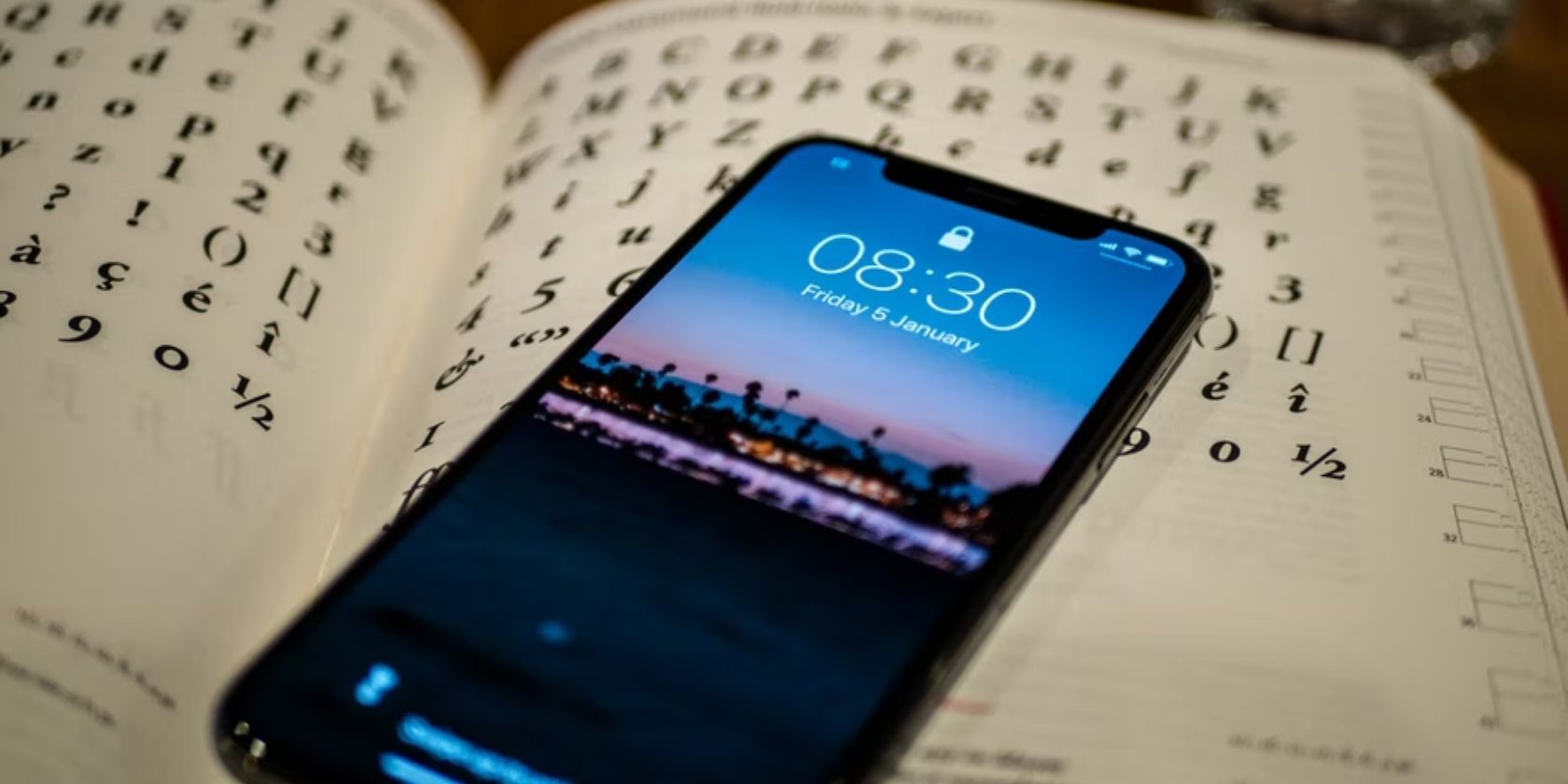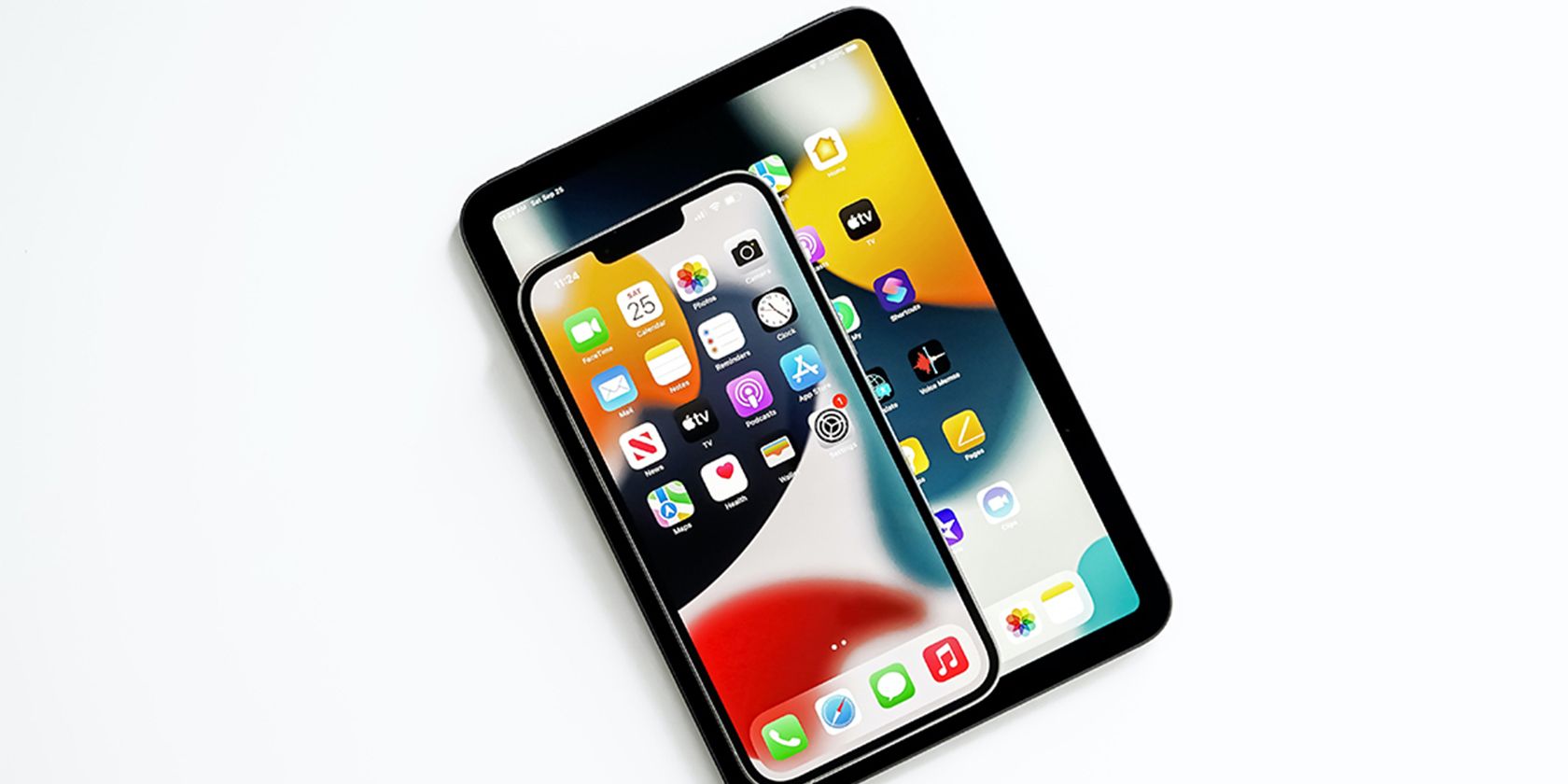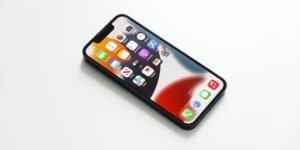Bloatware is a term that is usually synonymous with Android devices. However, iPhones also come with lots of pre-installed apps, some of which can be called bloatware. So does an iPhone actually come with more bloatware than Android? Find out below.
What is Bloatware?
Your smartphone comes with a lot of pre-installed apps and services. However, not all are to be termed bloatware. Some are help apps like clock, contact list and compass that you may need in daily use.
As for bloatware, the apps that send spam notifications are quietly stealing your data or unnecessarily running in the background and wasting precious resources. These apps do more harm than good. For example, your network provider may pre-install its own app on your phone and keep towing you with random new offers, regardless of whether you are interested in them.
Some bloatware can be uninstalled or disabled to make them less annoying, but this is not true for all of them.
Bloatware on Android devices

Pre-installed apps are part of both iOS and Android, though there are differences in how both platforms handle them. Android device manufacturers tend to partner with certain companies or developers and pre-install certain apps and games on their devices.
For example, the Facebook app is preloaded on most Android phones because Meta has partnered with the manufacturers. Worse, in most cases you can only disable such apps and not uninstall them forever. Similarly, various Google apps and services are also pre-installed on Android devices, as the Big G uses the platform to push its other products and services.
The amount of pre-installed apps or bloatware on an Android device will vary depending on the manufacturer and whether you purchase an unlocked or operator-locked model. Smartphones from Chinese manufacturers are notorious for shipping with many third-party apps and games that can be classified as bloatware.
They would either run in the background and spam you with messages or promote a third party service. You can uninstall or disable some pre-installed Android apps, but not all of them.
Bloatware on iPhones

Out of the box comes an iPhone with almost 50 pre-installed apps. But not all of them can be called bloatware, despite the fact that some apps are there to squeeze Apple’s own services like Podcasts, Maps and the iTunes Store.
Unlike with Android, preloaded iOS apps rarely send any spam messages. Additionally, you will not find any third-party apps or games pre-installed on the iPhone. Therefore, they probably should not be called bloatware.
Yes, an iPhone comes with many pre-installed apps, but if you do not open or use them, they just sit there. They can not run in the background, steal your user data or send spam messages.
Similar to Android, you can uninstall some pre-installed iOS apps; however, this will not free up space on the device. So, for example, you can uninstall Apple Maps, Tips, and Stocks apps from your iPhone if you do not use them, but it does not free up space.
For apps you can not uninstall, you can hide them from the home screen and just access them from the app library when needed.
The iPhone comes with pre-installed apps, but they are not bloatware

While both iOS and Android devices come with plenty of pre-installed apps, there is a big difference between them. Very few pre-installed iPhone apps can be termed bloatware, but the same is not true for Android devices. Apple also does not pre-install any third-party apps on its devices, a practice common in the Android world.
Ideally, however, Apple should allow iPhone users to decide which apps they want to install on their phone during the setup process. This way, they can save storage space by not installing apps they never intended to use.
Read Next
About the author

